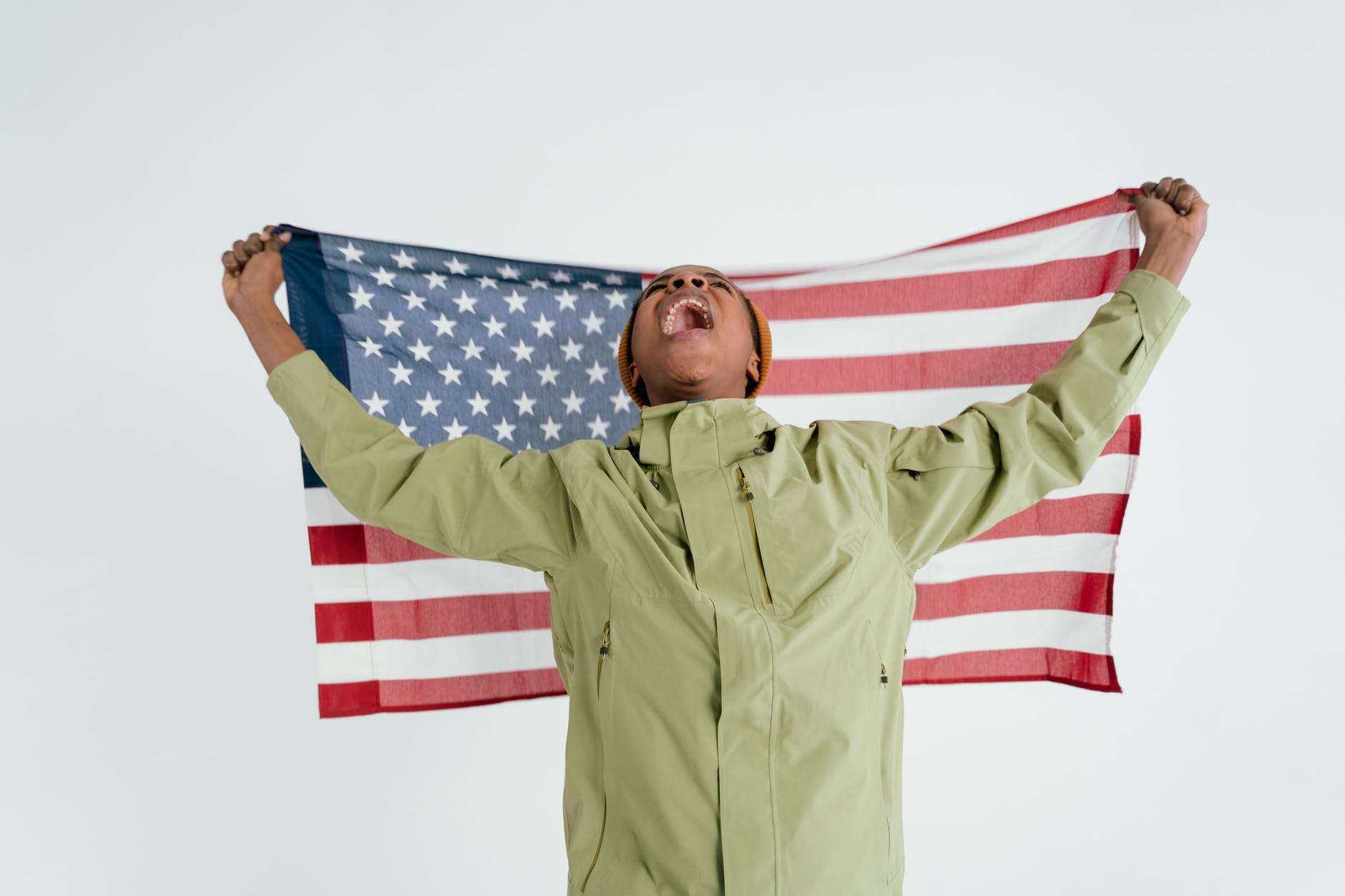on
BY MICHAEL THOMMAS
“There was a time in history, just sixty years ago, when Black Americans could not go into a restaurant because they were deemed unclean, not just because they were Black, but deemed unclean.”
These are the words of Kevin Ahmaad Jenkins, who is a Ph.D. dynamic speaker, author, scholar, a lecturer at the University of Pennsylvania, and a core Investigator at the Centre for Health Equity Research.
“In the 60’s it was the same thing: separate dining, separate washrooms, can’t go in a swimming pool all because we were considered unclean,” he said.
“Vaccinated, unvaccinated, that means clean and unclean in their terms, now it’s you can’t go out and shop, you can’t go to the parks with your family, and you can’t travel, that’s control this is not about your health. It’s about controlling you, controlling society and mankind.”
From listening to Jenkins this seems like a case of “Same horse just different riders,” medical tyranny, good old-fashioned racism all combined in an injection passport leading up to China’s famous Social Credit Score and climaxing in the Global slave camps, that is if the masses allow it.
According to Jenkins, “Every Black organization in America should be standing out against this right now. Are we welcoming slavery all over again; are you kidding me?” he asked.
The fact is, many people are feeling what Jenkins is feeling right now but are too spineless to speak out or stand up and this is the problem, “The silence of the lambs.”
Jenkins explains that when a federal judge can call this behaviour non-discriminatory, that in itself is a crime.
“It seems like folks are waiting to be dragged out of their houses before they wake up,” he mused, “Or lock you in your neighbourhood (aka redlining).”
He had a question for his audience, which went like this, “I am a taxpayer, you are a taxpayer ok, so why are we funding our own homicide?”
Jenkins said that about a year and a half ago is when it dawned on him that the government was working to take away parental rights from them and that really bothered him. To add insult to injury people’s religious exemptions and beliefs did not matter anymore.
“Covid is now transferred into control, from a simple virus to a weaponized virus to a political movement to take all of our freedoms away from us. Changing our culture of health is now changed to protecting our freedoms from the tyranny that we know is alive today in this country,” he said.
Jenkins said, the injection passports have a disproportionate effect on Blacks, and he thinks the intention from the beginning was to scare everyone, trap them in fear, then go after the people that you really want to go after, push them out of the way by taking their freedoms away from them.
Speaking vaccines Jenkins calls it mass genocide, “They have got the cover of the government now to kill us and take a look at the track record of the vaccine companies.”
Jenkins was asked what his thoughts were on this mass injection drive, to which he answered, “When people come to talk to me about that I always ask them this question (what’s in it), and when they can’t answer this question, they have now become a part of the slave class.)”
Jenkins said the people who don’t want to think for themselves and listen to the TV (aka Big-Pharma news) are the ones going around saying that folks are just dying, his question to them is, “who told you so? Prove to me they died from Covid.”
These big drug companies spend approximately five billion dollars a year in advertising on the big media outlets, so whenever anyone is killed or damaged by these drug company’s products, do you really think these board members are going to allow their stories to be told on big media airtime?
When asked about the CDC Jenkins said, “They have had it wrong about Black people since the inception; they are in business to kill Blacks.”
Some of the most insidious experiments were done on Blacks by the CDC from day one, said Jenkins, “I don’t understand why any Black American would listen to the CDC, WHO or Fauci after what they have done.”
Jenkins said that Blacks are not exempt from the guilt, “We have Black politicians, community leaders, pastors and celebrities selling the death jab to our people. They closed up their churches to Zoom in Jesus, and now they are opening up the churches to sell the devil’s product.”
Our people must be mindful of the enemy and remember that religion is a cult; faith is not. Sometimes we are accomplices in our own enslavement.
When he was asked about the children and the school systems, he said, “That’s our fault. We send them to these schools, we never taught them critical thinking at home, we have allowed them to embrace another theology and religion which is social media. We have to go and snatch our kids out of these schools, because the worst institution in America right now is the education cartel.”
Stay in the loop with exclusive news, stories, and insights—delivered straight to your inbox. No fluff, just real content that matters. Sign up today!
In his new role as a reporter and Journalist, Michael can he be described in two words: brilliant, and relentless. Michael Thomas aka Redman was born in Grenada, and at an early age realized his love for music. He began his musical journey as a reggae performer with the street DJs and selectors. After he moved to Toronto in 1989, he started singing with the calypso tents, and in 2008, and 2009 he won the People’s Choice Award and the coveted title of Calypso Monarch. He has taken this same passion, and has begun to focus his attention on doing working within the community.













